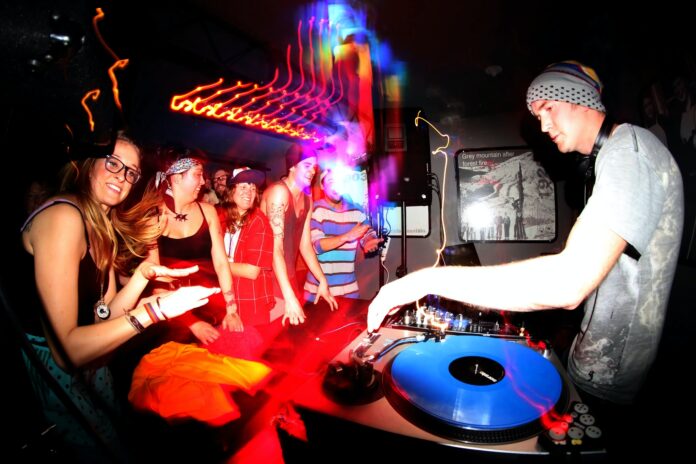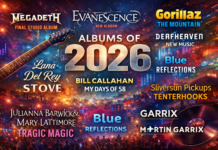Electronic Dance Music, also known as EDM, has taken the music world by storm in recent years. Its popularity has grown exponentially, with millions of fans around the world, and it has become a staple of music festivals, nightclubs, and radio stations. But where did EDM come from, and how has it evolved into the phenomenon it is today?
The origins of electronic dance music can be traced back to the late 1970s and early 1980s, when electronic instruments and synthesizers became more widely available. This led to the emergence of electronic music genres such as techno, house, and trance, which were popular in underground dance clubs and raves.
The term “EDM” itself came into use in the 2000s, as the genre became more mainstream and began to cross over into pop music. The rise of EDM can be attributed in part to the growth of the internet and social media, which allowed fans to discover and share new music more easily. EDM festivals, such as Tomorrowland and Ultra Music Festival, also played a key role in popularizing the genre and bringing it to a wider audience.
EDM is characterized by its use of electronic instruments and production techniques, such as synthesizers, drum machines, and digital audio workstations. The genre is known for its high-energy beats, driving basslines, and catchy melodies, which are designed to get people dancing and moving.
One of the key features of EDM is its ability to create a sense of community and shared experience among fans. The genre is often associated with a vibrant and inclusive culture, with fans dressing up in colorful costumes and participating in group dances such as the “shuffle” and the “floss.” EDM festivals are also known for their elaborate stage designs, visual effects, and light shows, which create a sensory overload and enhance the overall experience for fans.
The impact of EDM on music culture has been significant. The genre has influenced pop music, with many of today’s biggest hits incorporating EDM elements such as drops and buildups. EDM has also spawned a whole industry of DJs, producers, and festival organizers, who have helped to create a thriving global music scene. Some of the biggest names in EDM include Calvin Harris, David Guetta, and Tiësto, who have achieved international success and sold millions of records.
However, EDM has also faced criticism for its perceived lack of musical depth and reliance on formulaic production techniques. Some critics argue that the genre is overly commercialized and lacks the creativity and innovation of other electronic music genres.
Despite these criticisms, EDM continues to be a major force in music culture, with millions of fans around the world and a thriving industry of artists and producers. Whether you love it or hate it, there’s no denying the impact that EDM has had on music and popular culture over the past few decades.
Photo by DJVIBE / STUDIOX on Unsplash
Views: 70






